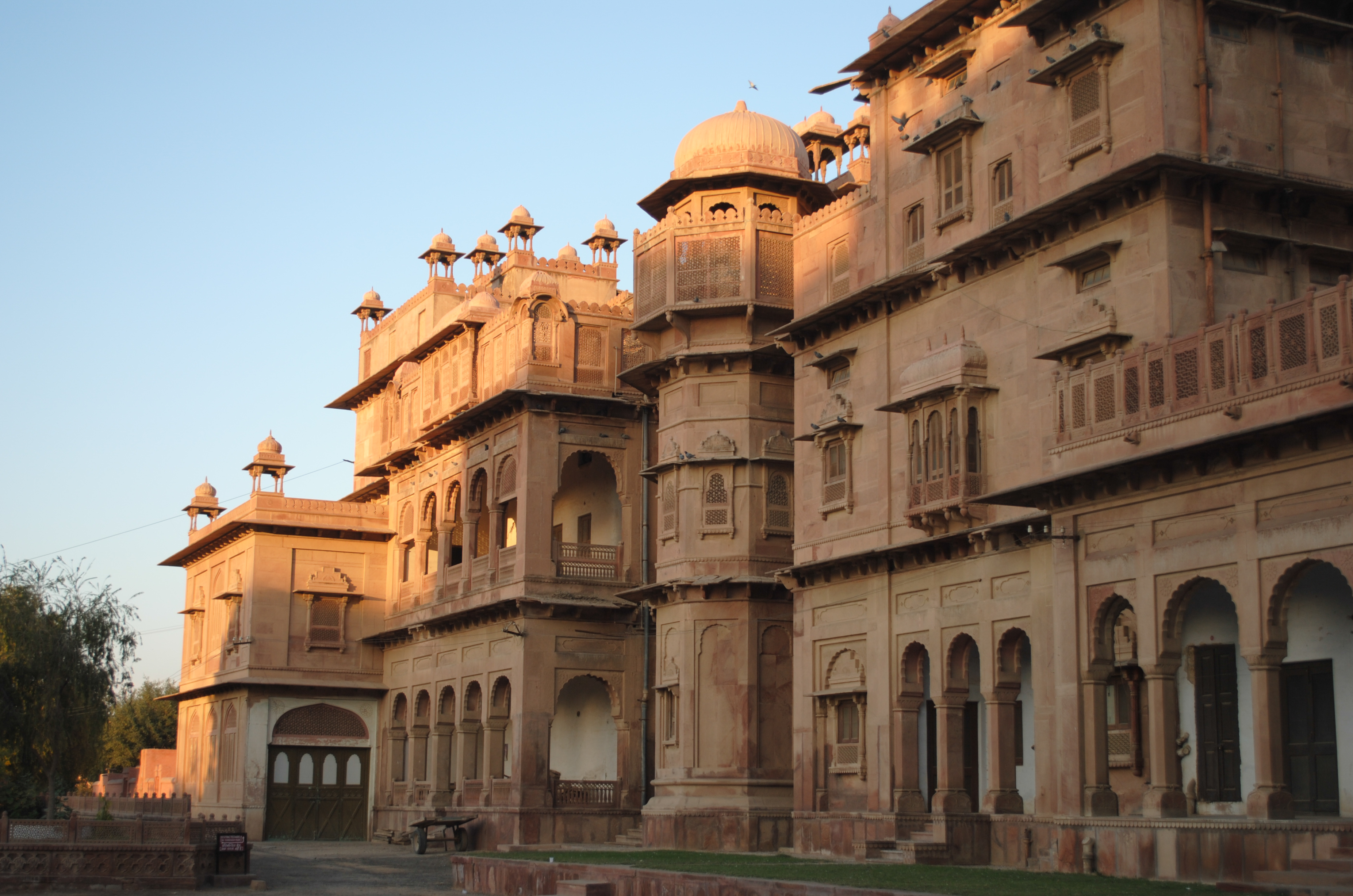|
Gujjar
Gurjar or Gujjar (also transliterated as ''Gujar, Gurjara and Gujjer'') is an ethnic nomadic, agricultural and pastoral community, spread mainly in India, Pakistan and Afghanistan, divided internally into various clan groups. They were traditionally involved in agriculture and pastoral and nomadic activities and formed a large homogeneous group. The historical role of Gurjars has been quite diverse in society, at one end they have been founder of several kingdoms, dynasties, and at the other end, some are still nomads with no land of their own. The pivotal point in the history of Gurjar identity is often traced back to the emergence of a Gurjara kingdom in present-day Rajasthan during the Middle Ages (around 570 CE). It is believed that the Gurjars migrated to different parts of the Indian Subcontinent from the Gurjaratra. Previously, it was believed that the Gurjars had migrated earlier on from Central Asia as well, however, this view is generally considered to be speculativ ... [...More Info...] [...Related Items...] OR: [Wikipedia] [Google] [Baidu] |
Gojri Language
Gojri (, ), also known as Gujari, Gujri, Gojari, or Gojri, is a variety of Rajasthani spoken by the Gurjars and other tribes of India, Pakistan and Afghanistan. In India, the language is mainly spoken in Jammu and Kashmir, Himachal Pradesh, Haryana, Uttarakhand, Rajasthan, Gujarat, Maharashtra, Punjab, Delhi and other parts of the country. In Pakistan it is mainly spoken in Azad Kashmir, Malakand Division , and Hazara Division of Khyber Pakhtunkhwa and Gujranwala Division, Gujrat Division and Pothohar region of Punjab. The government of the erstwhile Indian state of Jammu and Kashmir had recognized Gujari by including it in the sixth schedule of the state constitution. As per classification of languages of British India, G.A. Grierson in the first Linguistic Survey of India categorised Gujari language under Western Pahari group of Languages. In Pakistan, the language is understood by Gujjars across the country and is spoken in upper or hilly areas including the Hazar ... [...More Info...] [...Related Items...] OR: [Wikipedia] [Google] [Baidu] |
Rajput
Rajput (from Sanskrit ''raja-putra'' 'son of a king') is a large multi-component cluster of castes, kin bodies, and local groups, sharing social status and ideology of genealogical descent originating from the Indian subcontinent. The term Rajput covers various patrilineal clans historically associated with warriorhood: several clans claim Rajput status, although not all claims are universally accepted. According to modern scholars, almost all Rajput clans originated from peasant or pastoral communities. Over time, the Rajputs emerged as a social class comprising people from a variety of ethnic and geographical backgrounds. During the 16th and 17th centuries, the membership of this class became largely hereditary, although new claims to Rajput status continued to be made in the later centuries. Several Rajput-ruled kingdoms played a significant role in many regions of central and northern India from seventh century onwards. The Rajput population and the former Rajput stat ... [...More Info...] [...Related Items...] OR: [Wikipedia] [Google] [Baidu] |

